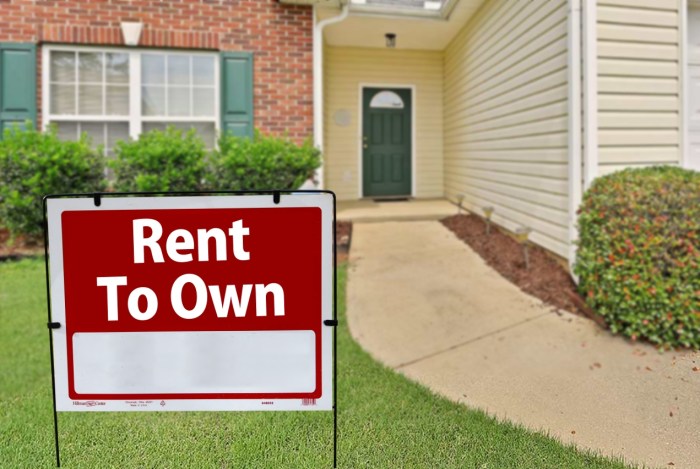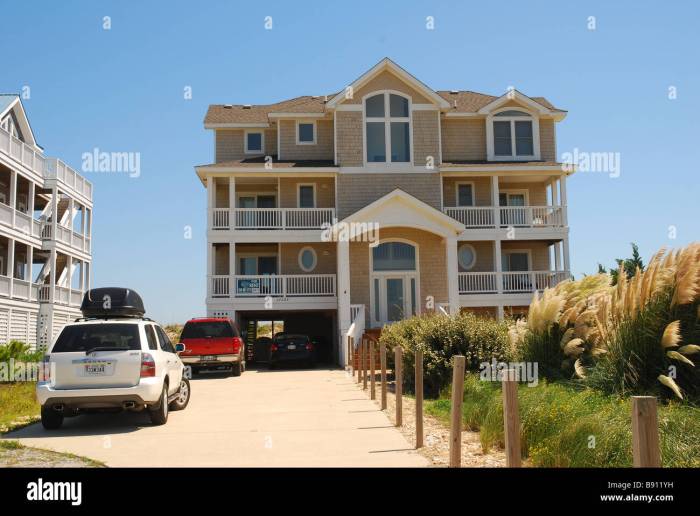North Carolina Houses for Rent to Own
North Carolina Rent-to-Own Housing Market: North Carolina Houses For Rent To Own
North carolina houses for rent to own – The North Carolina rent-to-own market presents a unique pathway to homeownership, offering a blend of rental flexibility and eventual property acquisition. This market, however, has its own complexities and considerations, requiring careful evaluation before entering into an agreement. This article provides an overview of the North Carolina rent-to-own landscape, covering financial aspects, property search strategies, legal considerations, and illustrative scenarios to aid prospective buyers in making informed decisions.
North Carolina Rent-to-Own Market Overview
The North Carolina rent-to-own market reflects national trends, exhibiting both growth and challenges. While providing an alternative to traditional mortgages, particularly for those with credit issues or limited down payments, it also presents potential risks if not carefully navigated. Compared to states with more robust rent-to-own sectors, North Carolina’s market may offer fewer options in certain areas, but still provides viable opportunities, especially in rapidly growing urban centers.
Three key trends shaping the market include increasing property values impacting purchase prices, rising interest rates influencing overall costs, and a growing awareness among buyers of the need for thorough contract review.
| City | Average Monthly Rent | Estimated Purchase Price | Average Down Payment |
|---|---|---|---|
| Charlotte | $1800 | $300,000 | $15,000 |
| Raleigh | $1700 | $280,000 | $14,000 |
| Greensboro | $1500 | $250,000 | $12,500 |
| Asheville | $1600 | $270,000 | $13,500 |
Note: These figures are estimates and can vary significantly based on property condition, location, and market fluctuations.
Financial Aspects of Rent-to-Own in North Carolina, North carolina houses for rent to own
Rent-to-own agreements in North Carolina typically involve a higher monthly payment than a standard rental agreement, with a portion of the payment applied towards the purchase price. The agreement also usually specifies a purchase price and a down payment due at the end of the lease term. Benefits include building equity while renting and potentially avoiding stringent mortgage qualifications.
However, drawbacks include the risk of losing accumulated payments if the buyer fails to meet the purchase terms, and potentially higher overall costs compared to a traditional mortgage.
Legal implications revolve around contract clarity, adherence to state laws regarding lease-purchase agreements, and consumer protections against unfair or predatory practices. Buyers should thoroughly understand all contract terms, including purchase options, penalties for default, and escrow arrangements for property taxes and insurance.
Contract terms vary widely. For example, a contract might stipulate a fixed purchase price at the outset, or allow for adjustments based on market value at the end of the lease term. Similarly, the length of the lease, the amount applied to the purchase price each month, and the down payment requirements are all negotiable aspects.
Finding Rent-to-Own Properties in North Carolina

Source: boomtowncdn.com
Locating rent-to-own homes requires a proactive approach. Strategies include networking with real estate agents specializing in lease-purchase agreements, searching online real estate portals, and directly contacting landlords who may be willing to offer rent-to-own options. Thorough online research is essential.
- Online Resources: Zillow, Realtor.com, Trulia, Craigslist (exercise caution), and specialized rent-to-own websites.
- Networking: Connect with real estate agents and local property managers.
- Direct Contact: Identify landlords who own properties suitable for rent-to-own arrangements.
A checklist for evaluating properties should include: property condition, location, neighborhood safety, school districts (if applicable), and a detailed review of the contract terms.
Legal and Contractual Considerations

Source: alamy.com
Considering North Carolina houses for rent to own? A key factor in your decision might be understanding the potential rental income from any additional space. Before committing, it’s helpful to research whether maximizing your investment is worthwhile, perhaps by considering the question: is it smart to rent out a 3 storage house ? This research can inform your choices regarding property acquisition and maximizing returns on your North Carolina rental investment.
North Carolina rent-to-own contracts typically include clauses outlining the purchase price, monthly payments, application of rent towards the purchase price, terms of default, and provisions for property maintenance and repairs. The buyer’s responsibilities include making timely payments and maintaining the property; the seller’s responsibilities typically include disclosing any material defects and ensuring the property is habitable.
Potential legal pitfalls include poorly drafted contracts, lack of clear terms, and inadequate consumer protections. It is crucial to have the contract reviewed by an attorney specializing in real estate law before signing.
Sample Rent-to-Own Contract Clause Examples:
- Purchase Price Clause: Specifies the final purchase price of the property. Explanation: This price should be clearly defined and not subject to significant fluctuations unless specifically addressed in the contract.
- Monthly Payment Clause: Details the amount of the monthly payment and how much is allocated towards rent versus the purchase price. Explanation: This ensures transparency regarding the financial commitment and the equity buildup.
- Default Clause: Artikels the consequences of missed payments or breaches of contract. Explanation: Understanding the penalties for default is crucial to avoid significant financial losses.
- Property Maintenance Clause: Specifies the responsibilities of the buyer and seller regarding property maintenance and repairs. Explanation: This prevents disputes regarding repairs and upkeep.
Illustrative Examples of Rent-to-Own Scenarios

Source: rentownhomelistings.com
Successful rent-to-own experiences often involve diligent planning, thorough contract review, and proactive communication between buyer and seller. A couple in Raleigh, for example, successfully navigated a rent-to-own agreement, diligently saving for the down payment while meticulously maintaining the property. This allowed them to smoothly transition to ownership at the end of the lease term.
Conversely, challenges can arise from unforeseen repairs, market downturns impacting property values, or disagreements over contract terms. A family in Charlotte encountered difficulties when unexpected repairs significantly impacted their ability to save for the down payment. Open communication and negotiation with the seller were crucial in resolving the issue.
Three common property types include:
- Single-family homes: Offer more space and privacy but typically involve higher purchase prices and maintenance costs.
- Townhouses: Provide a balance between space and affordability, with shared amenities and lower maintenance responsibilities.
- Condos: Offer smaller living spaces and often come with HOA fees, but generally require less maintenance.
Q&A
What are the typical credit score requirements for rent-to-own in North Carolina?
Credit score requirements vary widely depending on the landlord or seller. Some may be more lenient than traditional mortgage lenders, while others may have stricter standards. It’s best to check directly with the individual landlord or real estate agent.
Can I break a rent-to-own contract in North Carolina?
The ability to break a rent-to-own contract depends entirely on the specific terms Artikeld in the agreement. Early termination often results in forfeiting some or all of the money paid towards the purchase price. Consult the contract carefully or seek legal advice.
How are property taxes and insurance handled in a rent-to-own agreement?
This varies depending on the contract. Sometimes the buyer pays these costs, sometimes the seller does. The agreement should clearly specify who is responsible for these expenses.
What happens if I can’t afford the final purchase price after the lease term?
This is Artikeld in the contract. Typically, you forfeit the money paid towards the purchase price, and the property reverts to the seller. Specific details vary significantly between contracts.




















